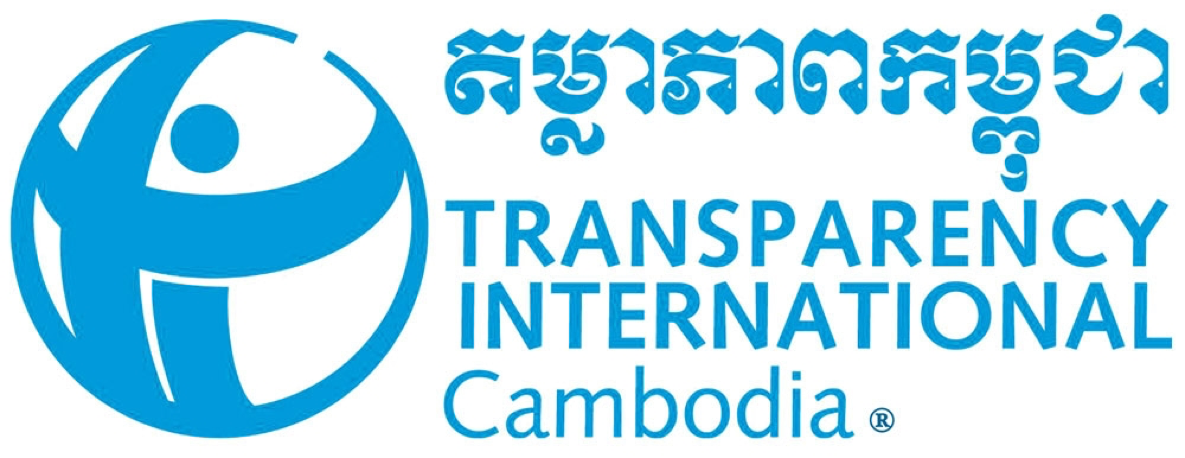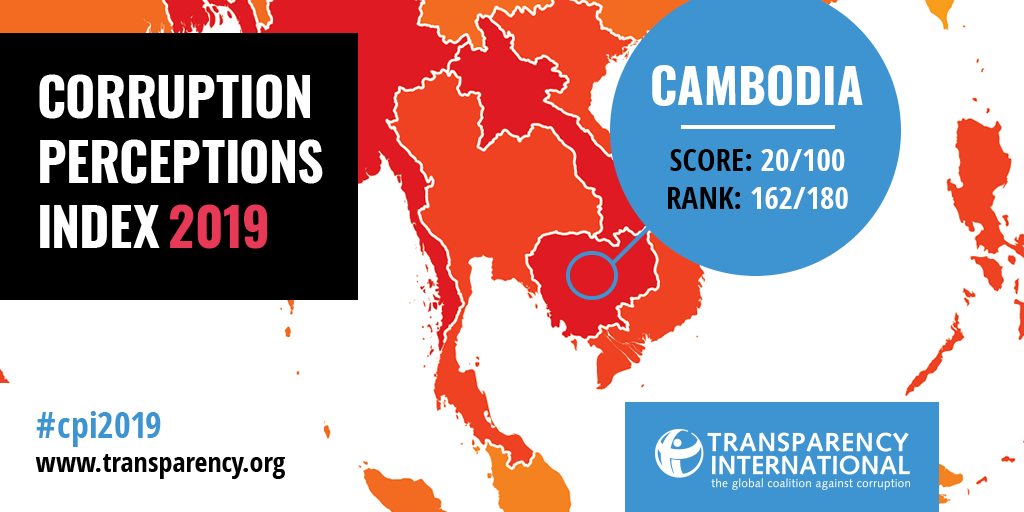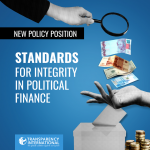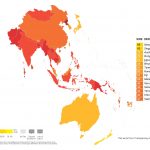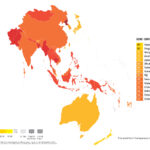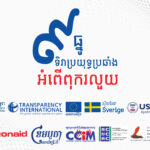CPI 2019 Press Release Cambodia
PRESS RELEASE
Phnom Penh, 23 January 2020 – Transparency International Secretariat in Berlin, Germany, releases the results of the 2019 Corruption Perceptions Index (CPI) today. The index, which ranks 180 countries and territories by their perceived levels of public sector corruption according to experts and private sector professionals, uses a scale of 0 (zero) to 100, where 0 is highly corrupt and 100 is very clean. The CPI is the leading global indicator of public sector corruption, offering a yearly snapshot of the relative degree of corruption by ranking countries from all over the globe.
Globally, the 2019 CPI reveals that a majority of countries are showing little to no improvement in tackling corruption. More than two thirds of countries score below 50 on the CPI, with an average score of just 43. Since 2012, only 22 countries have significantly improved their CPI scores while 21 countries have significantly decreased their scores. The remaining countries have made little to no progress in the fight against corruption in recent years. By regional comparisons, the highest scoring region is Western Europe with an average score of 66. The lowest scoring regions are Sub-Saharan Africa (32), and Eastern Europe and Central Asia (35). The Asia Pacific receives an average score of 45 after many consecutive years of an average score of 44, illustrating general stagnation across the region.
Analysis of global results also reveals that countries that perform well on the CPI also have stronger enforcement of campaign finance regulations and broader consultation in policy decisions. Conversely, countries with lower CPI scores experience an uneven balance of power, where a few wealthy individuals control government purse strings and decision-making. For instance, countries where campaign finance regulations are comprehensive and systematically enforced have an average score of 70 on the CPI, whereas countries where such regulations either don’t exist or are poorly enforced score an average of just 34 or 35 respectively. Sixty per cent of the countries that significantly improved their CPI scores since 2012 have also strengthened regulations around campaign donations. Therefore, keeping big money out of politics is essential to ensuring political decision-making serves the public interest and curbing opportunities for corrupt deals.
This year’s results show that Cambodia receives a score of 20 out of a total 100, which is the same as last year. The country is ranked 162 in the global ranking among 180 countries and territories. From a regional perspective, Cambodia continues to receive the third lowest score in the Asia Pacific, only above Afghanistan and North Korea, and the lowest score in the ASEAN region. The ASEAN countries receive mixed results. Singapore continuously stays at the top ranking as the fourth cleanest country of the world although its score remains the same. Malaysia and Vietnam are the only countries that have seen its scores increase from 47 to 53 and 33 to 37 respectively. Indonesia has also gained two additional points from 38 to 40 while the Philippines is the only in the region that has witnessed a decline of score from 36 to 34. Thailand, Lao PDR, Myanmar and Cambodia’s scores remain the same.
Cambodia’s result indicates that although Cambodia has made some progress in certain areas such as resource mobilisation and improvement of local public services, the progress has not changed the overall perception of experts and business executives especially with grand and political corruptions. Key structural and systematic reforms – in particular with regard to strengthening rule of law and justice – have made little to no progress. Cambodia remains to receive very low scores for World Justice Project Rule of Law Index and Varieties of Democracy Project, which measure countries’ efforts to advance the rule of law and democratic development respectively.
“Cambodia has made some positive steps to address sectoral corruptions which yield some encouraging results for instance decreasing petty corruption and increasing revenue collection from taxes and custom services thanks to reform efforts. However, if grand and political corruptions are not addressed properly, corruption will continue to create social injustice and development risks for Cambodia”, said Pech Pisey, Acting Executive Director of TI Cambodia, “The government needs to show seriousness in addressing systematic corruptions.”
TI Cambodia once again calls upon the Cambodian authorities to step up its reform agendas as a matter of priority. Amending anti-corruption law, especially with regard to asset declaration, and adoption of regulations that promote citizens’ access to public information and protect whistle-blowers are necessary steps to fighting against corruption. Strengthening the institutions responsible for promotion of rule of law and justice and addressing implementation gap between anti-corruption legislations, practices and enforcements are very necessary. Supporting civil society organisations and free/independent media is equally crucial. More importantly Cambodia urgently needs to establish reliable accountability mechanisms, as well as creating checks and balances at both national and sub-national levels. While TI Cambodia congrats the government for the significant improvement in resource mobilisation, it is equally necessary for the government to promote transparency involving collected revenues by providing public access to tax payer data. This would create a better playing field for private sector and building public trust. TI Cambodia is committed and stands ready to engage with all relevant stakeholders to help implement key reform agendas in order to promote greater transparency, accountability and rule of law.
About the Corruption Perceptions Index
First established in 1995, the Corruption Perceptions Index (CPI) is a composite index that ranks countries and territories from around the globe based on how corrupt their public sector is perceived to be, from a scale of 0 (very corrupt) to 100 (very clean). It aggregates data from a number of different reputable sources that provide perceptions of business people and in-country experts of the level of corruption in the public sector.
The 2019 CPI ranks 180 countries and territories, drawing on up to 13 surveys covering expert assessments and views of business people. In the case of Cambodia, eight sources were used – namely:
Bertelsmann Stiftung Transformation Index 2020
Economist Intelligence Unit Country Risk Service 2019
Global Insight Country Risk Ratings 2018
Political and Economic Risk Consultancy Asian Intelligence 2019
World Bank Country Policy and Institutional Assessment 2018
World Economic Forum Executive Opinion Survey 2019
World Justice Project Rule of Law Index Expert Survey 2019
Varieties of Democracy (V-Dem) 2019
For a full list of result and relevant data sources, visit: www.transparency.org
For Press release CPI 2019, Please Click here
For CPI Result 2019, Please Click here
For CPI Methodology, Please Click here
For Frequently Asked Question, Please Click here
For Short Methodology Note, Please Click here
For Technical Methodology, Please Click here
###
Transparency International is the civil society organisation leading the fight against corruption.
Media Contacts:
Pech Pisey, Acting Executive Director of Transparency International Cambodia, (+855) 89 972 620, piseypech@ticambodia.org
This post is also available in: Khmer
 English
English ភាសាខ្មែរ
ភាសាខ្មែរ